Back
Vishu Bheda
•
Medial • 11m
𝗪𝗵𝘆 𝗠𝗼𝘀𝘁 𝗜𝗻𝗱𝗶𝗮𝗻 𝗦𝘁𝗮𝗿𝘁𝘂𝗽𝘀 𝗔𝗿𝗲 𝗝𝘂𝘀𝘁 𝗙𝗲𝗲𝗱𝗲𝗿 𝗖𝗼𝗺𝗽𝗮𝗻𝗶𝗲𝘀 𝗳𝗼𝗿 𝗕𝗶𝗴 𝗣𝗹𝗮𝘆𝗲𝗿𝘀 Ever noticed how most Indian startups either disappear or get acquired by big companies? The truth is, 𝐦𝐚𝐧𝐲 𝐬𝐭𝐚𝐫𝐭𝐮𝐩𝐬 𝐚𝐫𝐞𝐧’𝐭 𝐛𝐮𝐢𝐥𝐭 𝐭𝐨 𝐥𝐚𝐬𝐭—𝐭𝐡𝐞𝐲’𝐫𝐞 𝐝𝐞𝐬𝐢𝐠𝐧𝐞𝐝 𝐭𝐨 𝐛𝐞 𝐬𝐨𝐥𝐝. Instead of growing into independent companies, they act as 𝐬𝐭𝐞𝐩𝐩𝐢𝐧𝐠 𝐬𝐭𝐨𝐧𝐞𝐬 𝐟𝐨𝐫 𝐠𝐢𝐚𝐧𝐭𝐬 𝐥𝐢𝐤𝐞 𝐑𝐞𝐥𝐢𝐚𝐧𝐜𝐞, 𝐓𝐚𝐭𝐚, 𝐚𝐧𝐝 𝐅𝐥𝐢𝐩𝐤𝐚𝐫𝐭. Is this a smart exit strategy or a problem in our startup ecosystem? Let’s find out. The Indian startup scene has turned into a 𝐦𝐚𝐫𝐤𝐞𝐭𝐩𝐥𝐚𝐜𝐞 𝐟𝐨𝐫 𝐚𝐜𝐪𝐮𝐢𝐬𝐢𝐭𝐢𝐨𝐧𝐬. 𝗕𝗶𝗴 𝗰𝗼𝗺𝗽𝗮𝗻𝗶𝗲𝘀 𝗮𝗿𝗲 𝗮𝗹𝘄𝗮𝘆𝘀 𝘄𝗮𝘁𝗰𝗵𝗶𝗻𝗴. As soon as a startup gains traction, a bigger player either 𝐛𝐮𝐲𝐬 𝐢𝐭 or 𝐥𝐚𝐮𝐧𝐜𝐡𝐞𝐬 𝐚 𝐜𝐨𝐦𝐩𝐞𝐭𝐢𝐧𝐠 𝐩𝐫𝐨𝐝𝐮𝐜𝐭. 𝗜𝗻𝘃𝗲𝘀𝘁𝗼𝗿𝘀 𝗽𝘂𝘀𝗵 𝗳𝗼𝗿 𝗳𝗮𝘀𝘁 𝗲𝘅𝗶𝘁𝘀. Startups are forced to grow rapidly—even if they lose money—because VCs want a quick return on their investment. 𝗙𝗲𝘄 𝘀𝘁𝗮𝗿𝘁𝘂𝗽𝘀 𝗿𝗲𝗺𝗮𝗶𝗻 𝗶𝗻𝗱𝗲𝗽𝗲𝗻𝗱𝗲𝗻𝘁. Only a handful, like 𝐙𝐞𝐫𝐨𝐝𝐡𝐚 𝐚𝐧𝐝 𝐙𝐨𝐡𝐨, have built sustainable businesses without selling out. The result? 𝐀 𝐜𝐲𝐜𝐥𝐞 𝐰𝐡𝐞𝐫𝐞 𝐢𝐧𝐧𝐨𝐯𝐚𝐭𝐢𝐨𝐧 𝐭𝐚𝐤𝐞𝐬 𝐚 𝐛𝐚𝐜𝐤𝐬𝐞𝐚𝐭 𝐭𝐨 𝐪𝐮𝐢𝐜𝐤 𝐝𝐞𝐚𝐥𝐬 𝐚𝐧𝐝 𝐜𝐚𝐬𝐡-𝐨𝐮𝐭𝐬. Take a look at how this plays out in real life: 𝗥𝗲𝗹𝗶𝗮𝗻𝗰𝗲 𝗵𝗮𝘀 𝗮𝗰𝗾𝘂𝗶𝗿𝗲𝗱 𝗙𝘆𝗻𝗱, 𝗝𝘂𝘀𝘁𝗗𝗶𝗮𝗹, 𝗮𝗻𝗱 𝗨𝗿𝗯𝗮𝗻 𝗟𝗮𝗱𝗱𝗲𝗿, making them part of its massive business empire. 𝗧𝗮𝘁𝗮 𝘁𝗼𝗼𝗸 𝗼𝘃𝗲𝗿 𝗕𝗶𝗴𝗕𝗮𝘀𝗸𝗲𝘁 𝗮𝗻𝗱 𝟭𝗺𝗴, integrating them into its Tata Neu platform. 𝗙𝗹𝗶𝗽𝗸𝗮𝗿𝘁 𝗯𝗼𝘂𝗴𝗵𝘁 𝗠𝘆𝗻𝘁𝗿𝗮 𝗮𝗻𝗱 𝗣𝗵𝗼𝗻𝗲𝗣𝗲, strengthening its position in e-commerce and fintech. 𝗦𝘄𝗶𝗴𝗴𝘆 𝗮𝗻𝗱 𝗭𝗼𝗺𝗮𝘁𝗼 𝗮𝗰𝗾𝘂𝗶𝗿𝗲𝗱 𝘀𝗺𝗮𝗹𝗹𝗲𝗿 𝗳𝗼𝗼𝗱 𝗱𝗲𝗹𝗶𝘃𝗲𝗿𝘆 𝘀𝘁𝗮𝗿𝘁𝘂𝗽𝘀, eliminating competition and dominating the market. Most of these companies started as independent businesses. But in the end, 𝐭𝐡𝐞𝐲 𝐛𝐞𝐜𝐚𝐦𝐞 𝐩𝐚𝐫𝐭 𝐨𝐟 𝐚 𝐛𝐢𝐠𝐠𝐞𝐫 𝐜𝐨𝐦𝐩𝐚𝐧𝐲’𝐬 𝐞𝐱𝐩𝐚𝐧𝐬𝐢𝐨𝐧 𝐩𝐥𝐚𝐧. How can Indian startups break this cycle? 𝟭. 𝗙𝗼𝗰𝘂𝘀 𝗼𝗻 𝗽𝗿𝗼𝗳𝗶𝘁𝗮𝗯𝗶𝗹𝗶𝘁𝘆, 𝗻𝗼𝘁 𝗷𝘂𝘀𝘁 𝗴𝗿𝗼𝘄𝘁𝗵. Startups should build businesses that make money early instead of just burning cash. Example: Zerodha became a unicorn without VC funding. 𝟮. 𝗜𝗻𝘃𝗲𝘀𝘁𝗼𝗿𝘀 𝘀𝗵𝗼𝘂𝗹𝗱 𝘀𝘂𝗽𝗽𝗼𝗿𝘁 𝗹𝗼𝗻𝗴-𝘁𝗲𝗿𝗺 𝘀𝘂𝗰𝗰𝗲𝘀𝘀. Instead of pushing for quick exits, they should fund startups that want to stand on their own. 𝟯. 𝗘𝗻𝗰𝗼𝘂𝗿𝗮𝗴𝗲 𝗶𝗻𝗱𝗲𝗽𝗲𝗻𝗱𝗲𝗻𝘁 𝗴𝗿𝗼𝘄𝘁𝗵. More founders should aim to scale their businesses without selling out. Are Indian startups built for success, or just waiting to be acquired? Drop your thoughts below! Should founders resist selling out, or is acquisition the only way to survive? If you found this helpful. Follow Vishu Bheda for more such detailed startup ecosystem insights!
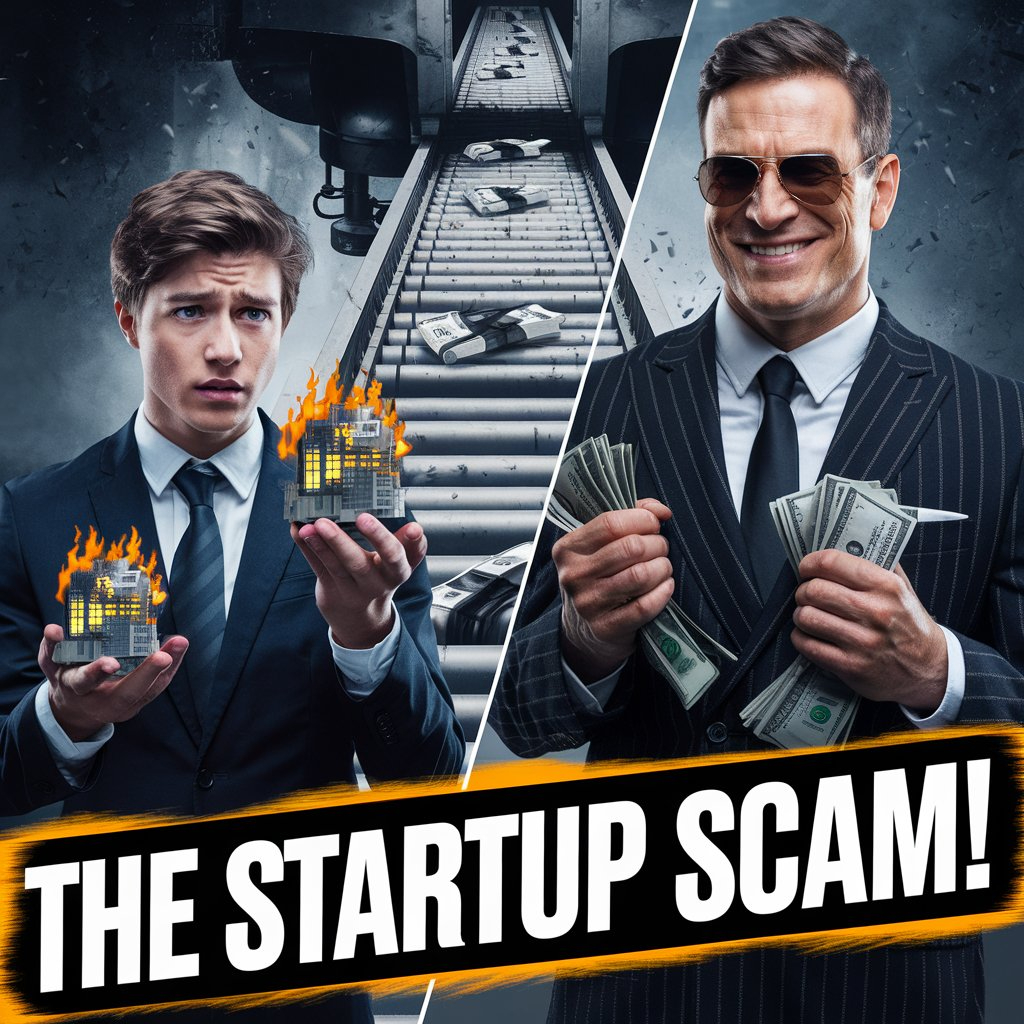
Replies (12)
More like this
Recommendations from Medial
Download the medial app to read full posts, comements and news.










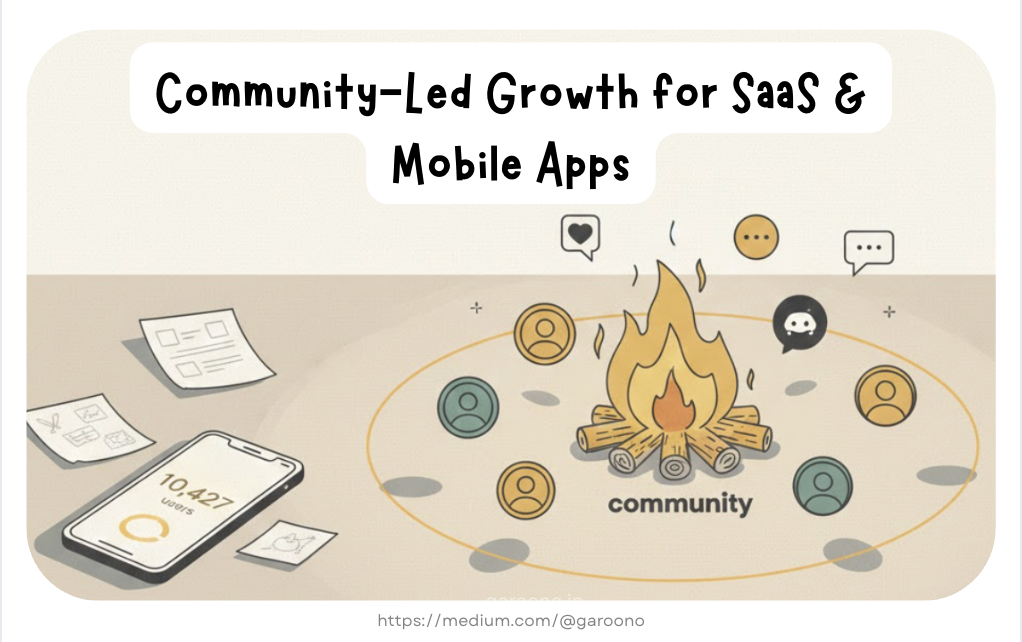
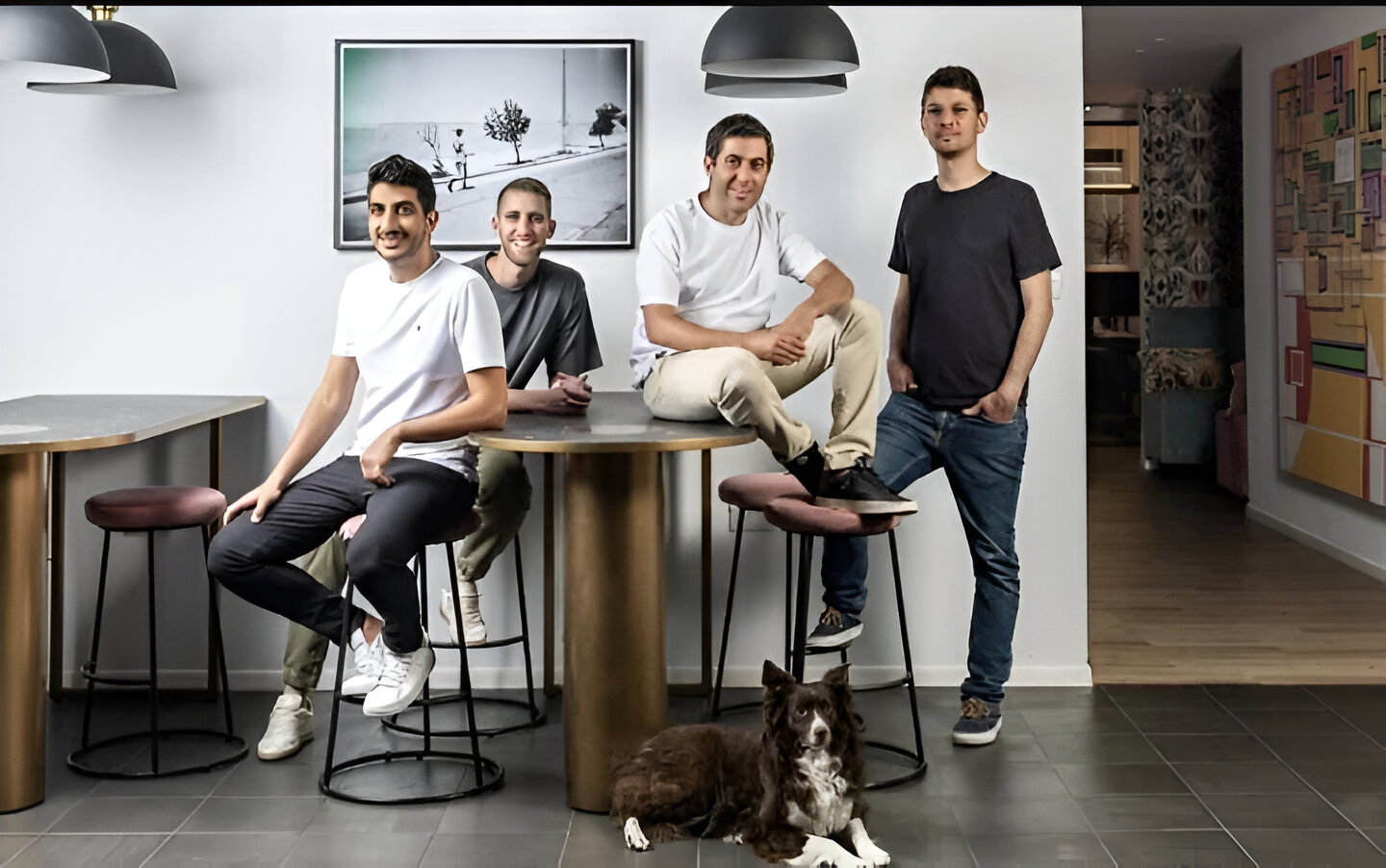



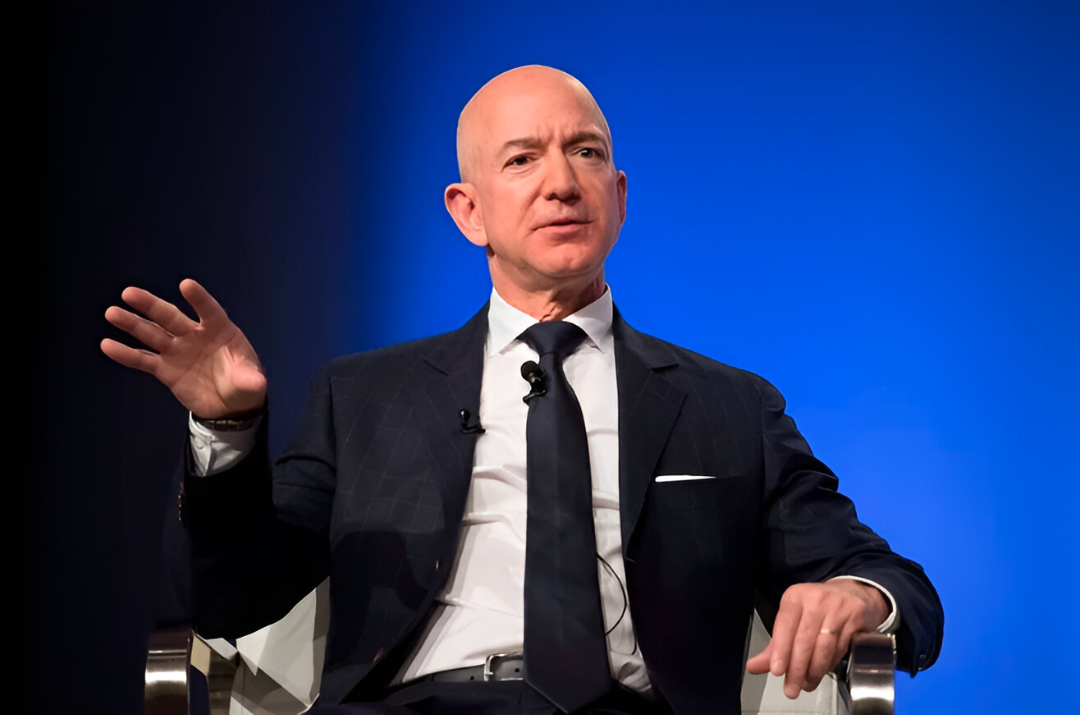





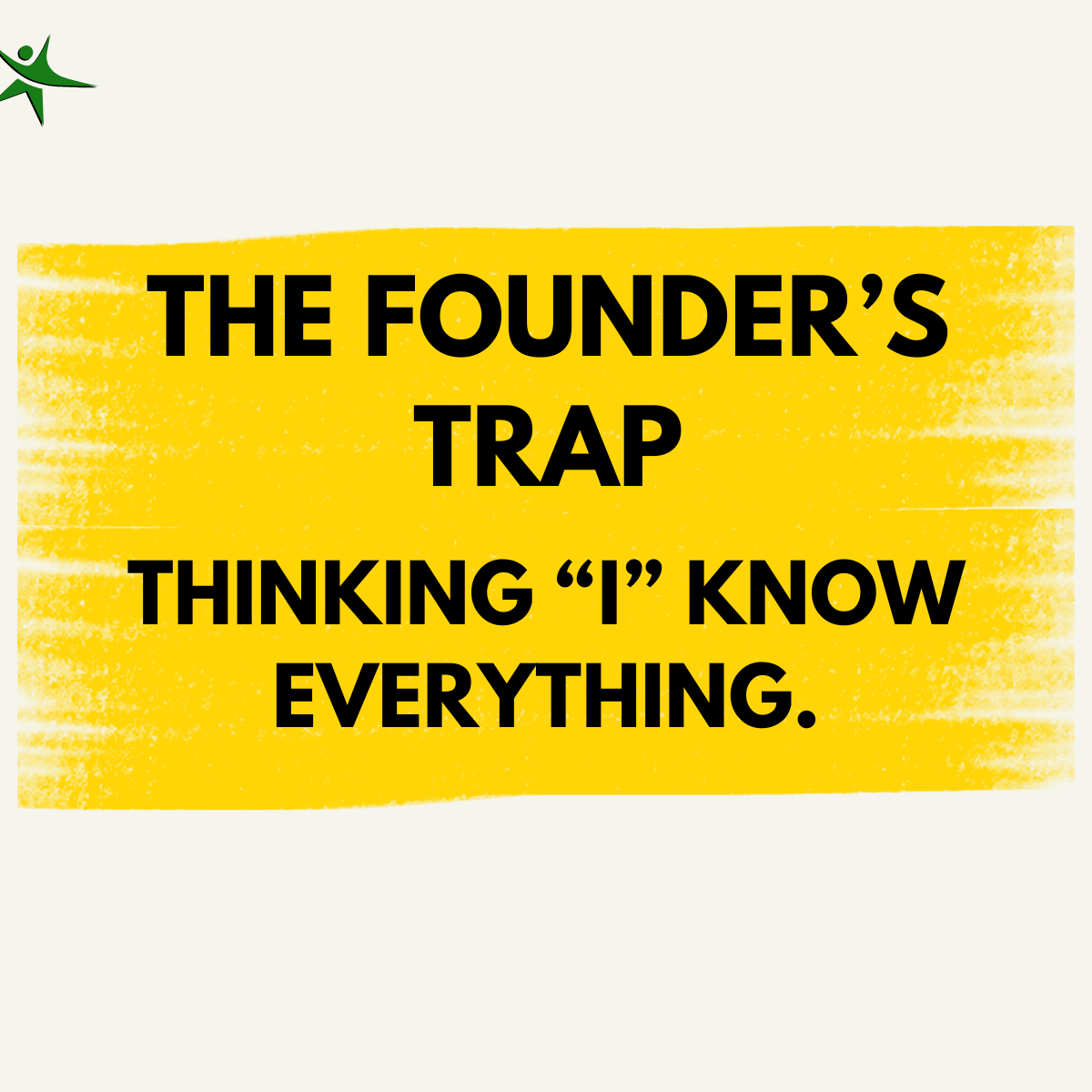



/entrackr/media/post_attachments/wp-content/uploads/2021/08/Accel-1.jpg)



















